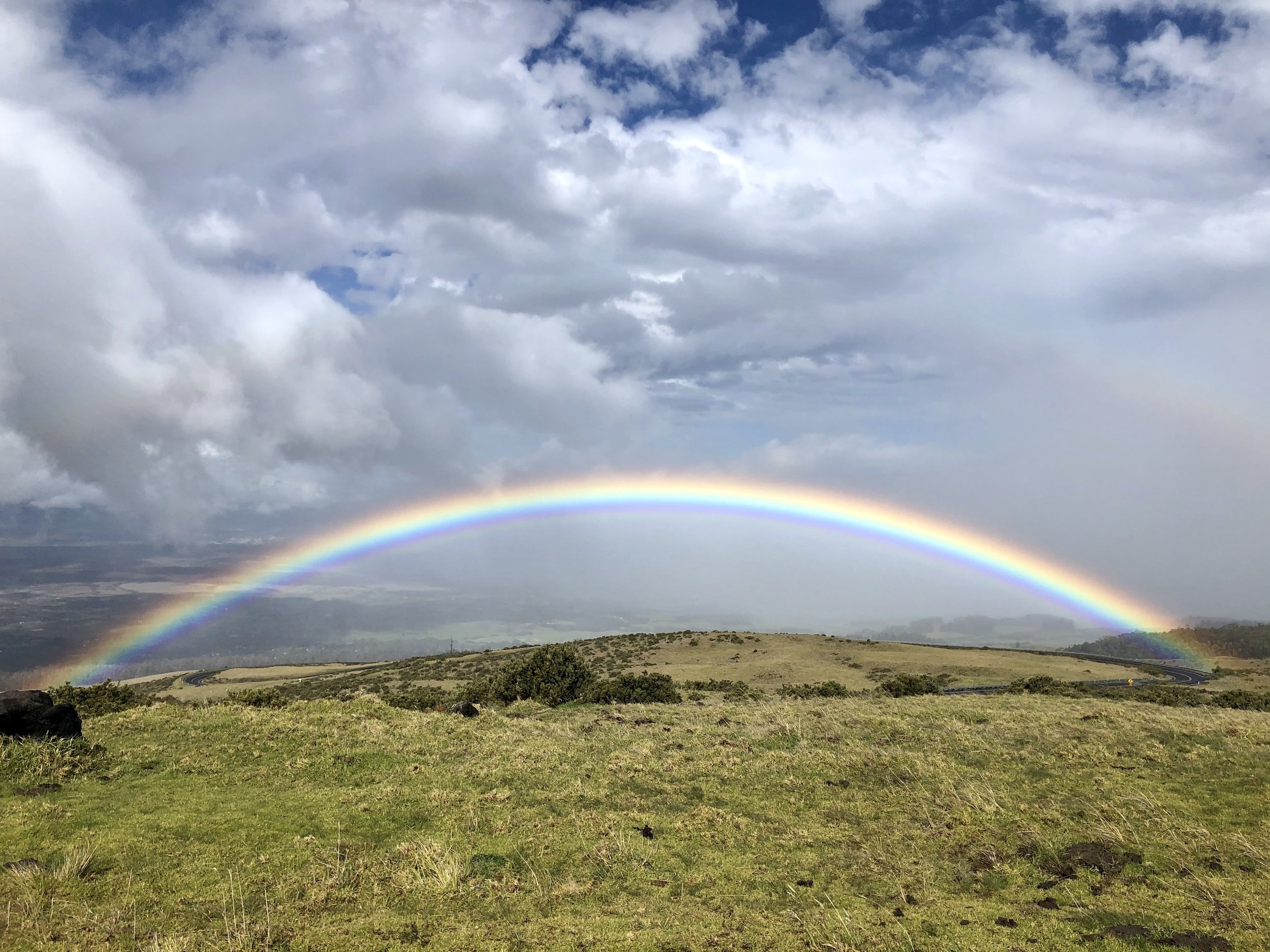
Integrated Yoga & Movement Therapy
There’s hope with a holistic, mind-body-spirit approach to well-being.
Yoga Therapy:
IYMT (Integrated Yoga & Movement Therapy) provides personalized attention to address specific issues such as anxiety, depression, grief, or physical pain such as back, hip, and shoulder pain, or arthritis. Yoga therapy is a safe way of working with the natural capacity of your body and mind to optimize well-being. Because yoga itself offers tools that touch on the whole spectrum of human experience, yoga therapy can offer support for a range of concerns:
This makes it an excellent adjunct or alternative to talk therapy for people of all ages, including kids, teens, and adults. Yoga therapy can be especially helpful for those going through a rough patch of any kind including general overwhelm, cancer treatment, recovering from surgery, injury, TBI, as well as for those who don't want to be in a class situation and prefer a more personalized approach to their healing and well-being.
Each Yoga Therapy session is tailored to each individuals needs, but generally is some combination of yoga, breath, meditation, neuro-dev movements and Reiki. These sessions target the clients goals and will help to improve balance, flexibility, strength, and mobility, while providing a sense of hope and inspiration. Overall, IYMT is a valuable tool for supporting overall well-being and finding balance in your life and to age well.
The power of touch.
I have had the great honor of playing a role in the miracle that is this young woman! And to have her journey and the healing power of touch recognized in NatGeo June 2022. Her amazing parents, family, many therapists, chiropractor, and a community of pray-ers have also played a major role.
The 13 y.o. vibrant Margaret Malarney was in my yoga class with her mom, Kate (also pictured) the week she was diagnosed with Lymphoma in March of 2020. Treated with Chemo, she had an adverse reaction, and later suffered an anoxic brain injury. She spent several months in a minimally conscious state before landing in hospice in January of 2021. In the serenity of David Simpson House, Hospice of the Western Reserve her brain started to wake up. She graduated from hospice!
After an extended attempt at Neuro-rehab, she returned to the family home in June of 2021, unable to speak, feed herself, walk, or even sit without support. At her home I could finally begin to work with her. The whole time she was at the hospital, hospice, then rehab I kept saying to her mom, "I just can't wait to get my hands on her".
Kate and Margaret met Lynne (the NatGeo photog) at the Clinic where she was working on another story. They stayed in touch and asked to come photograph Margaret and I working together in the fall of '21. With regular Reiki and Neuro-developmental movements (these movements work with integrating primitive reflexes) along with yoga postures, and yoga breathing, (along with a slew of other therapies) I'm happy to to report Margaret continues to heal. She now speaks clearly, returned to school in fall of 2022 in a wheel chair, and bravely CLIMBS THE STAIRS (with support from her mom) to the second floor office/studio for IYMT sessions at The Heart Center where I see clients of all ages and stages of life who are on a health journey desiring support for an integrative mind-body-spirit approach.
If you read the article, be sure to read the editor's note at the front of the magazine too.
In addition to yoga Polly uses Neuro-developmental Movements.
These very specific and simple movements, when assessed, prescribed, and practiced regularly at home can be incredibly beneficial for supporting the integration of primitive reflexes in people of all ages.
Primitive reflexes are reflexes that develop in utero and in the earliest stages of development and typically integrate within the first few years of life. If these reflexes do not integrate properly, it can lead to various developmental challenges. People with primitive reflex issues may have difficulty with fine and gross motor skills, sensory processing, attention, learning, and emotional regulation. They may also have challenges with balance and coordination, and may have a hard time with tasks that require sequential processing or multitasking.
Conditions or diagnoses that may be associated with primitive reflex issues include:
· Developmental delays
· Autism spectrum
· ADHD
· Sensory processing issues
· Learning delays & disabilities
· Brain injury
· Stroke
· Parkinson’s
· Neurological and developmental conditions
· Neuromuscular issues
Neuro-developmental movements work to improve overall brain and body function and can help to improve cognitive, physical, and emotional well-being. They are a valuable tool for helping individuals to reach their full potential and live their best lives.
Testimonials




